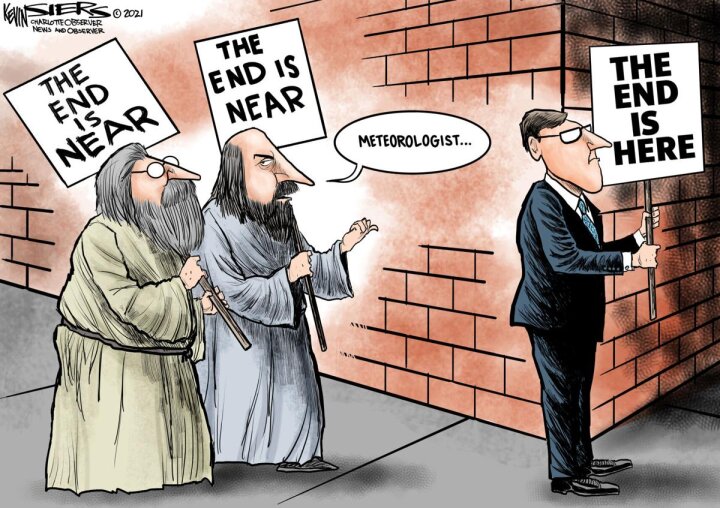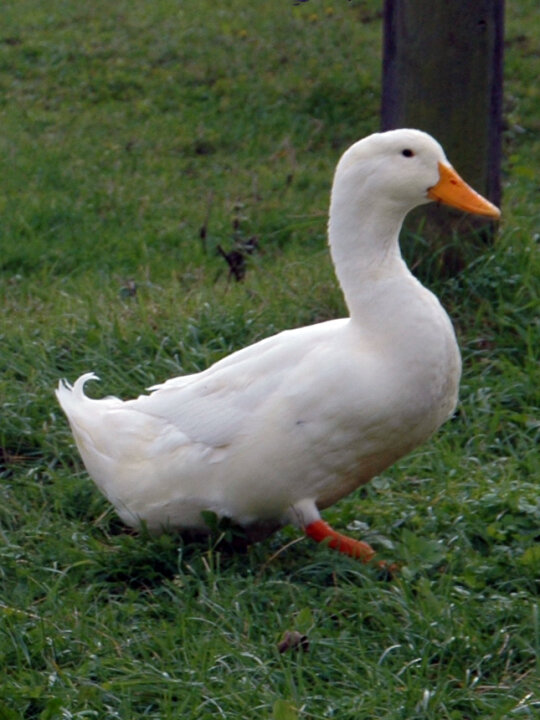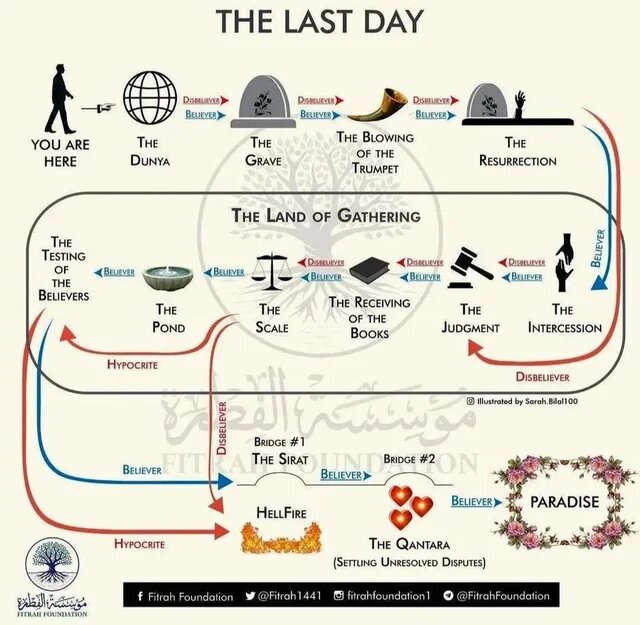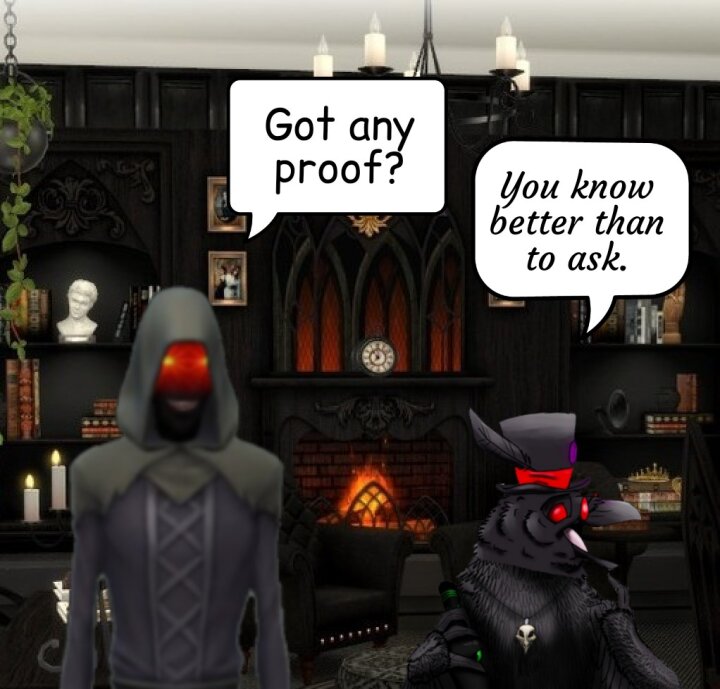@
Diotrephes It's very easy to see when you read the story. Adam was created from dust (Genesis 2:7), his purpose was to till the ground (Genesis 2:5). The Garden of Eden was created (Genesis 2:8). Adam could eat everything in sight except for the tree of knowledge of good and evil (Genesis 2:16-17). God then got the bright idea that Adam needed a helper so he made all of the animals
Dust: The Hebrew word aphar would later be used to describe clay, as in pottery. Comparing translations you also get "the ground," "the earth," "the soil," and "dust from the ground." What it means is that he formed man from elements of the earth.
https://biblehub.com/genesis/2-7.htm
There are two creation accounts; Genesis 1:1-24 and Genesis 2:5-4:26. the first is chronological and the second is topical in relation to mankind. So the animals were created first and Adam was created last.
Naturally, Eve ate from the tree of knowledge of good and evil and got Adam to do the same (Genesis 3:1-21).
Naturally? Eve didn't have to eat from the tree.
In Genesis 3:22 the tree of life is mentioned for the first time and it has the power to give the eater eternal life.
The trees, both of the knowledge of good and bad and the tree of life, didn't have any power beyond what a normal tree would be expected to have. They merely represented those things. The first represented God's sovereignty to man. A reminded that their creator would teach them, guide them and protect them in fulfilling their purpose as created beings. The second represented God's purpose of man living forever, though temporarily delayed, would nevertheless be fulfilled. Since Adam and Eve were immediately expelled from Eden this tree is different than the first in that it isn't a constant visual reminder, but something that he was aware of but that was, temporarily, removed from his grasp.
So, what all of this says is that man was created from the elements of the earth, was a part of the earth in the sense that he belonged there, his purpose was connected to it. He had been created perfect. Like a newborn baby in that he was innocent and having great potential to do either good or bad. If he listened to his creator he would do good, but if not he would do bad. Eve was deceived, but Adam, as steward of the earth, chose the decide for himself what was good and what was bad.
So, if Eve and Adam had never ate from the tree of knowledge of good and evil they would have remained stupid creatures and died none the wiser.
No, no, no. None the wiser of what? If they had never eaten from the tree they and their offspring would have lived forever as they were meant to do. They would have eventually reached their potential, which was the image, that is, having the qualities and characteristics of their creator. In effect, Jesus was what we could have been had Adam not sinned. Jesus could have failed. He could have sinned like Satan, Eve and Adam. Part of what Jesus did is to demonstrate that man
did not have to sin.
The word knowledge is used in a variety of ways in language. Basically it means familiarity with facts acquired by personal experience, observation, or study, so often knowledge means to be intimately acquainted with something. For example the homosexuals in the account of Sodom wanted to "get to know" the angels visiting Lot. They wanted to have sex with them.
Prior to the sin of Satan, Eve and Adam there was no knowledge of anything bad because there was no bad. God didn't know what was bad because there was none for him to have had an intimate acquaintance with. God knew that only bad could come of man's rejection of his sovereignty. Just as a parent would know that they can't leave their children to take care of themselves because they haven't the experience to do so.
There's no magic here. It's all practical. All of the superstitious, religious nonsense came through interpretation much later. In order to see how nonsensical all of that can be just look at what we used to think the apple of the tree represented. Sex. God had created them to produce - by having sex.
The sort of religious nonsense I'm talking about is a huge part of why I find it very difficult to talk to "believers." They believe nonsense. Traditions of men, as Jesus called it.
But they ate and then knew as much as God did about good and evil, maybe that's why people will judge angels. So, while Adam & Eve did increase our knowledge they were unable give us eternal life.
Speaking of believers . . .
No. They knew as much as God did about good and evil before they sinned. Because God had told them. Notice that it says "like one of us, knowing good and evil." They all knew in the sense that they were aware of the possibilities, but it had never been tried. Now it has. And how is it working out compared to how it is allegedly supposed to have happened?
I go into this in greater detail in this thread: https://similarworlds.com/atheism/dislike-atheism/4329678-The-Meaning-of-the-Bible-as-I-see-it?sort=1
You bring up an interesting point about people judging angels. Since God and Jesus don't have an intimate acquaintance with sin, they haven't personally experienced sin, there will be people judging, both mortals and spirit beings because they do have that knowledge. In that respect we have a knowledge that God doesn't.
So, remember that you are as smart as God about what is good and what is evil. Isn't that wonderful? Thank Eve for that, a variation of Minerva.
Okay. Yeah. That's sort of like what I was saying only I wouldn't say it like that. The way you put it would be like me saying someone who jumped off a cliff and broke their back was "smarter" than me.
Minerva? Variation of Eve? Minerva corresponds to the Etruscan Tinia, Uni, and Menrva. To the Romans she was the goddess of crafts, war, and wisdom. Time, from outside the gates of Eden, have provided us of many variations that intermingle in the telling.
































